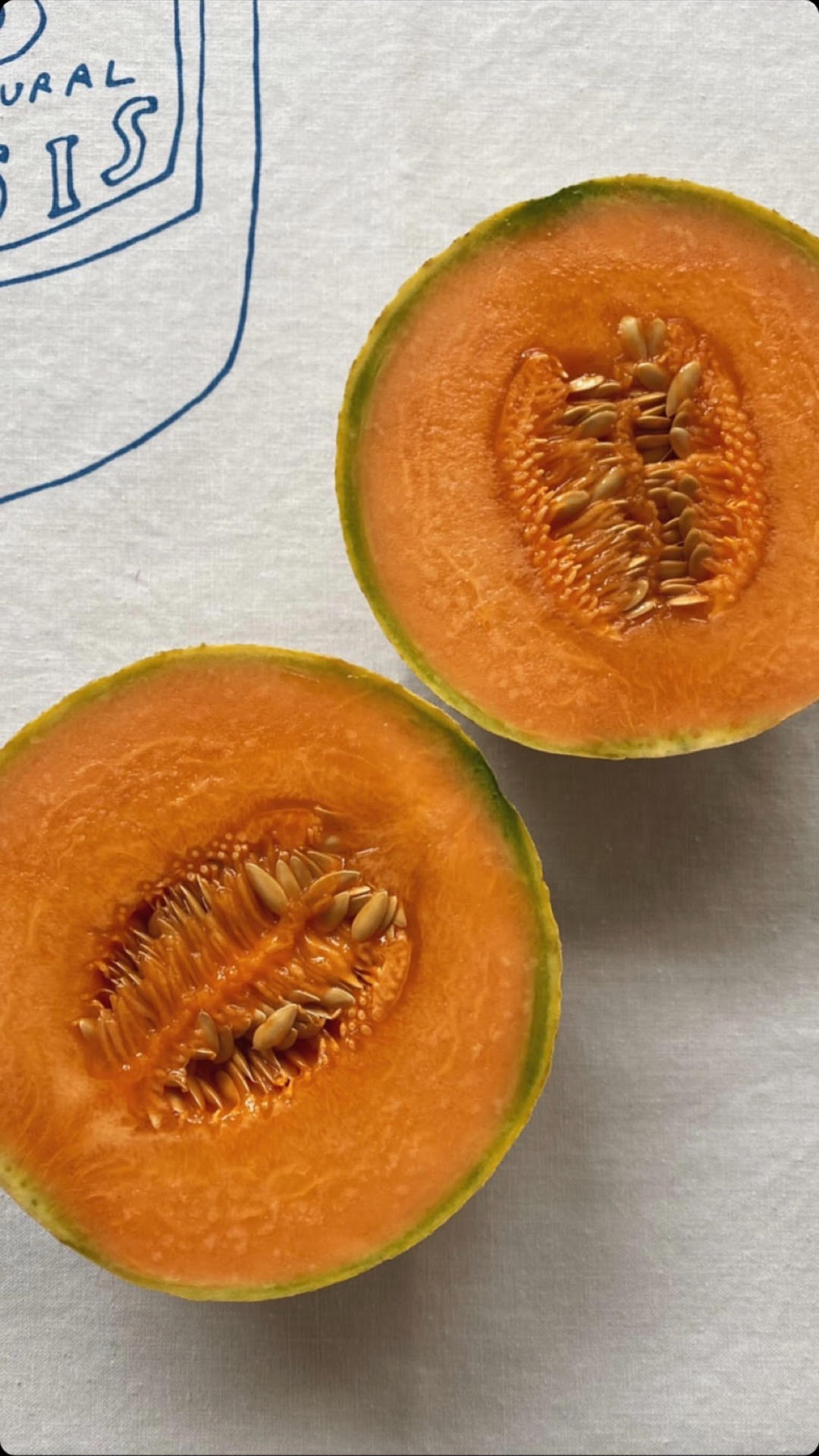
They say you are what you eat, but it’s not quite that simple when it comes to healthy skin. But can good nutrition also help you look better? The evidence shows that a nutritious diet can help keep your skin healthy and glowing.
How does diet affect your skin?
While you can’t turn back the clock, you may be able to slow it down a bit. Some skin aging can’t be avoided, but the sun’s damaging effects can be lessened with certain vitamins.
Vitamin A
Both the upper and lower layers of skin need vitamin A. It seems to prevent sun damage by interrupting the process that breaks down collagen. Since it's an antioxidant, it may give your skin some protection against sunburn (although not as much as wearing sunscreen). It helps the oil glands around your hair follicles work and may also help cuts and scrapes heal, especially if you're taking steroids to reduce inflammation. There are 2 types of vitamin A: Retinoids and Carotenoids.
Retinoids can be found in animal products, such as:
- salmon
- beef liver
- dairy products, such as milk, butter, and cheddar cheese
- eggs
- fish
- cod liver oil
- shrimp
Carotenoids can be found in plant products, such as:
- carrots
- tomatoes
- sweet potatoes
- leafy green vegetables
- fruits, such as mangoes, apricots, and plums
Vitamin C
The antioxidant properties of vitamin C (ascorbic acid) and its role in collagen synthesis make vitamin C a vital molecule for skin health. Dietary and topical ascorbic acid have beneficial effects on skin cells, and some studies have shown that vitamin C may help prevent and treat ultraviolet (UV)-induced photodamage.
Top food sources of vitamin C include orange juice, grapefruit juice, papayas, strawberries, kiwis, red and green peppers, cantaloupes, tomato-vegetable juice, broccoli, mangoes, oranges, Brussels sprouts, grapefruit, cauliflower, and kale.
Smart Fats: Omega-3 Fatty Acids
Omega-3 fatty acids are a type of fat the body cannot make on its own. They are an essential fat, which means they are needed to survive. We get the omega-3 fatty acids we need from the foods we eat.
Getting your omega-3s through fish oil or other foods can improve the fatty acid composition in your skin and balance its inflammatory response. In other words, skin stays softer and less inflamed! Keeping your fatty acid levels up also helps to minimize the effect of sun damage and improve sensitive skin conditions.
In general, nutrient-rich whole foods like fruits, vegetables, and healthy fats are good choices because they have skin-friendly vitamins and antioxidants.
adriana on Aug 28, 2021
I suffer from rosacea since over a year and I only started seeing improvement after changing my diet. Topical products helped but until I started paying attention to what I eat I had not really seen a big change. Great advice! Diet is so important to tackle skin issues. Thank you